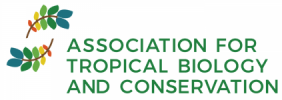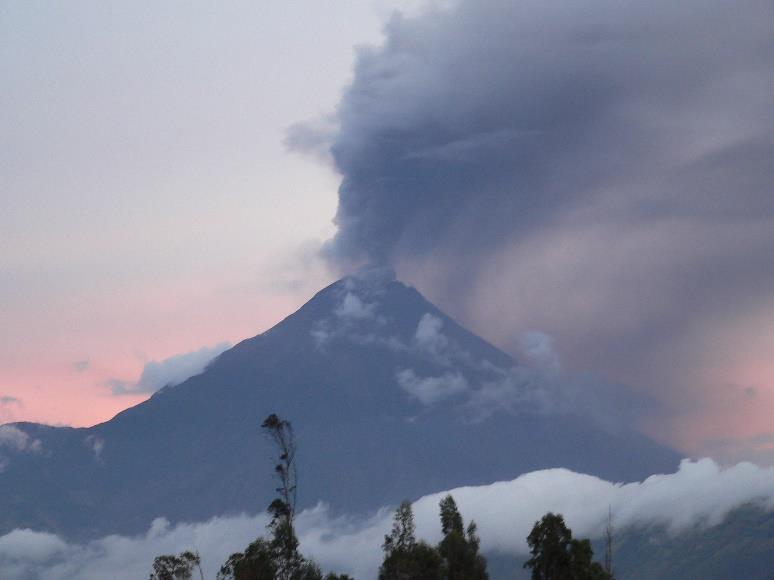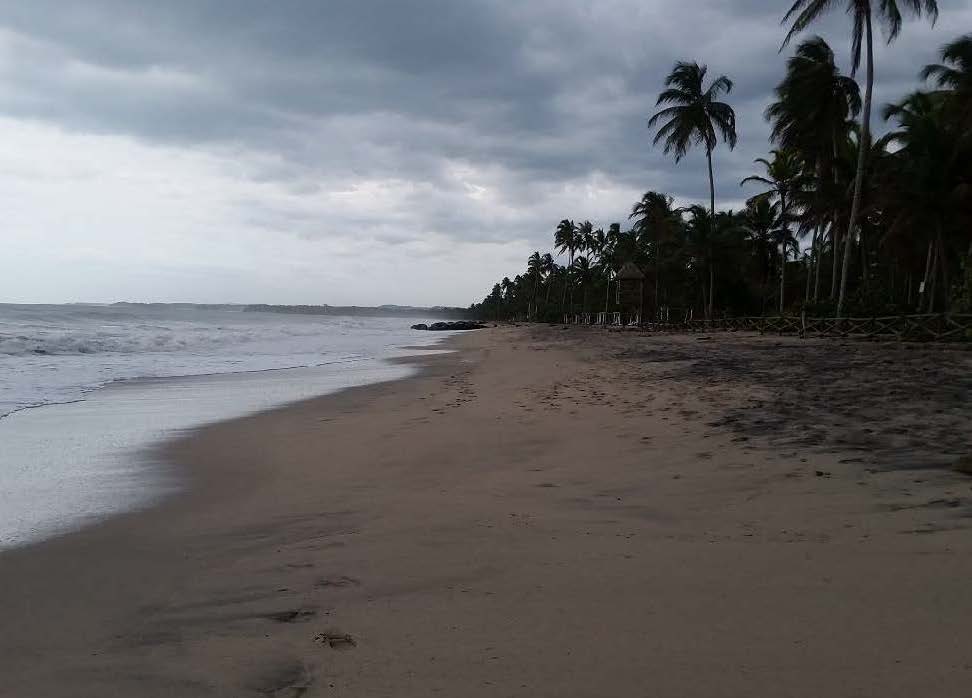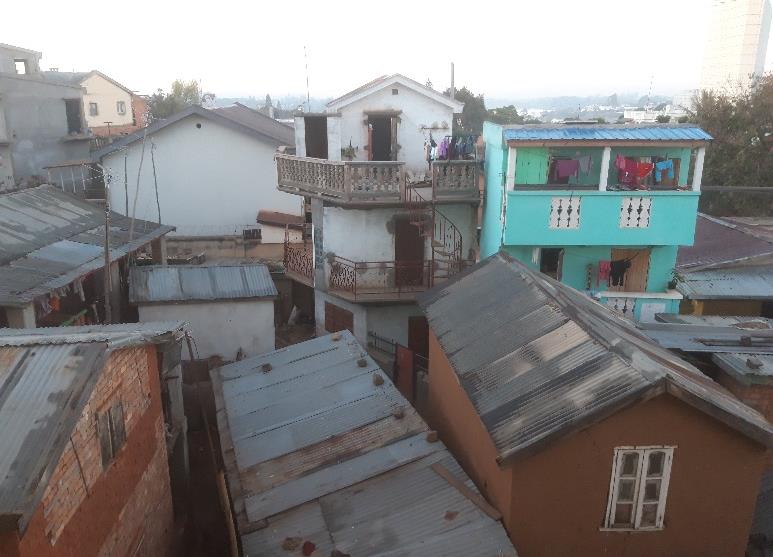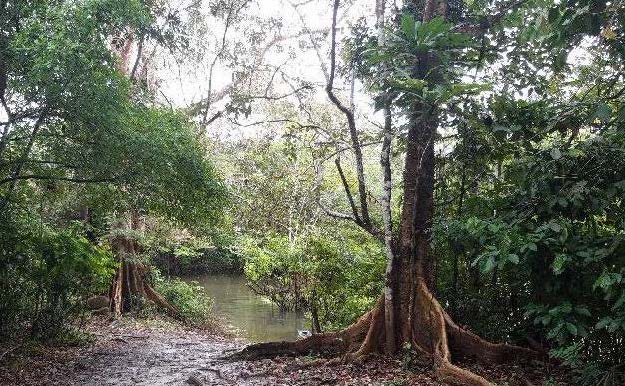Climate Change: History, Environment, and Society
OCTOBER 22, 2020 | 3-5PM (EST)
Climate change may represent one of the most disruptive forces in the contemporary era shaping our environment and, ultimately, questioning the way humanity has approached the use and abuse of resources. Despite the vast amount of literature in climate change produced from both natural and social sciences, efforts in coming to terms with climate change from a multi-discipline perspective are needed. In this webinar, we present a discussion on climate change from three scientific lenses: (i) The perceptions of Amazonian indigenous communities on climate change, (ii) Climate variability at different time-scales using different novel tools to interpret changes in terrestrial ecosystems, and (iii) How social sciences are needed for a more comprehensive understanding of global environmental change.
Moderators

Imma Oliveras
Chair, ATBC Climate Change Thematic Group
University of Oxford
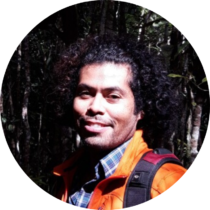
Gabriel Colorado
Co-Chair, ATBC Climate Change Thematic Group
Universidad Nacional de Colombia
| Time (EST) | Topic | Speaker |
| 3–3:25PM | Perceptions and Effects of Climate Change on Indigenous Peoples of the Amazon | Juan Álvaro Echeverri |
| 3:25–3:50PM | Volcanoes, People and Biodiversity in the Northern Andes | Catalina González |
| 3:50–4:15PM | Anthropocene in Friction: Climate Change and Globalization | Germán Palacio |
| 4:15–5PM | Q&A | All Speakers |
Perceptions and effects of climate change on indigenous peoples of the Amazon
Juan Álvaro Echeverri, Universidad Nacional de Colombia, Colombia

This talk presents an outline of the main effects of climate change on indigenous livelihoods. Local perceptions and climate data are presented and discussed relating to increases in temperatures, changes in the regimes of precipitation, alterations in river level seasonality, and the effects of these changes on the reproduction of wildlife, the horticultural systems and human health, taking into account criteria of gender, age and territorial situation of the indigenous groups.
Volcanoes, people and biodiversity in the Northern Andes
Catalina González, Universidad de Los Andes, Colombia

The Northern Andes is a highly complex region in terms of its geology, biodiversity, climate and cultural history. A vast collection of palynological records in the area has provided a comprehensive understanding of the response of vegetation to climate variability at different time-scales. However, despite the area comprises more than 20 active volcanoes that have modified landscapes for millennia, the impacts of volcanism on terrestrial ecosystems have been rarely addressed by paleoecology in the region. In this talk, we present a study on early successional pathways developing on volcanic substrates in the tropical Andes of SW Colombia based on local knowledge, observational descriptions, and vegetation plots, We found that many sites might actually contain “hidden” information on the response of vegetation to volcanism and could potentially inform on the timing and intensity of past eruptions. Volcanism should be then considered as one of the primary factors promoting temporal and spatial environmental heterogeneity in the area with important implications for the maintenance of tropical biodiversity.
Anthropocene in friction: climate change and globalization
Germán Palacio, Universidad Nacional de Colombia, Colombia

This presentation brings up the attention to the need to introduce social sciences to Global Environmental Change conversation, to discuss the notion of the “Anthropocene” postulated by very prominent natural scientists. The focus of analysis concentrates on the “global,” and the way the local and the global are put in friction with the Local. Warned by natural scientists, contemporary human societies are becoming aware of severe dangers that are consequences of lack of care and of abuse of the planet they live. If natural scientists have achieved to show the dangers the planet Earth confronts today, social sciences should contribute to understand this situation and to help to re-address the way humans live in a new geological and climatic epoch. This talk starts with a discussion about the apparent common understanding on the “global”, by natural and social sciences. In this way, it is possible to raise criticism to the Anthropocene concept, and I aspire to suggest critical contributions thinking on the global and its friction with the local. I conclude that the “anthropos” of the Anthropocene cannot be reduced to a “species” because they are a socio-ecological entity.
